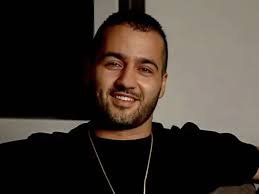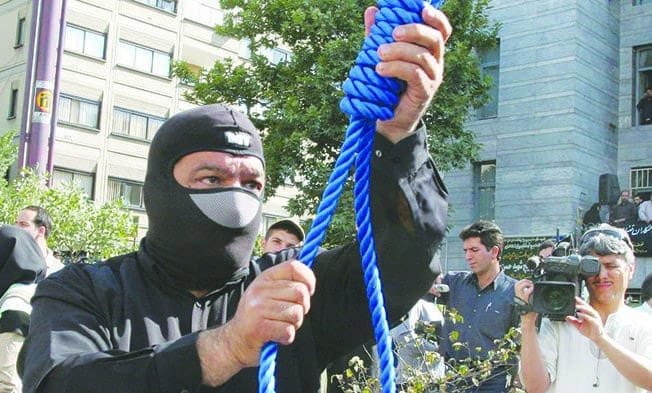Toomaj Salehi, born on December 3, 1990, in Isfahan, Iran, emerged as a shining light in Iran's underground rap scene. Growing up in a working-class Bakhtiari Lur family, Salehi inherited a legacy of activism from his father, who spent years as a political prisoner during the 1980s. Despite facing adversity, Salehi's passion for rap music blossomed, sparked by the influence of icons like Tupac Shakur and nurtured by his brother.
His journey into the music industry was fraught with challenges, as studios initially rejected his politically charged lyrics. However, as Iran simmered with discontent, Salehi's songs became anthems of resistance, addressing societal injustices ranging from political repression to economic disparity. His breakout track, "Soorakh Moosh" ("Mouse Hole" or "Rat Hole"), fearlessly criticized both the Iranian regime and complicit Western entities, earning him acclaim as a voice for the oppressed.
Yet, Salehi's bravery came at a cost. Despite international outcry and support, including calls for his release from prominent figures and organizations, Salehi faced relentless persecution from Iranian authorities. His arrests, imprisonments, and alleged torture only strengthened his resolve and galvanized his supporters, who rallied behind the #FreeToomajSalehi campaign.
Tragically, on April 24, 2024, Salehi's voice was silenced by the Iranian regime's cruel decision to sentence him to death. The news sent shockwaves of sorrow and outrage across the globe, as Salehi's unwavering commitment to justice and freedom was snuffed out by an unjust system.
The execution of Toomaj Salehi serves as a stark reminder of the ongoing struggle for human rights and freedom of expression in Iran. It is a heartbreaking loss for his supporters, who mourn not only the loss of a talented artist but also the injustice of his untimely demise. As we reflect on Salehi's life and legacy, we must continue to amplify his message and fight against oppression in all its forms, ensuring that his sacrifice was not in vain.
The protests have been quashed, leaving the people without the energy to combat the economic crisis and uphold their social beliefs by taking to the streets and sustaining the protests, especially when their family members could face execution before their very eyes. The nation is engulfed in immense pain and grief, underscoring the urgent need for a plan in Iran. The people of Iran require a comprehensive strategy, yet those who dare to formulate such plans are swiftly met with arrest or execution, stifling any potential avenues for change.
Now, the question arises: How can Iran change? This country, perpetually in the headlines, is home to a populace that harbors disdain for its government. The real question isn't just how change can occur but who will lead the charge. I firmly believe that the people themselves hold the answer, far more than any singular leader who may emerge as a hero. However, putting this belief into action is easier said than done.
Let's face reality! Sacrifice is essential, but relying solely on individual sacrifices is not the solution.

